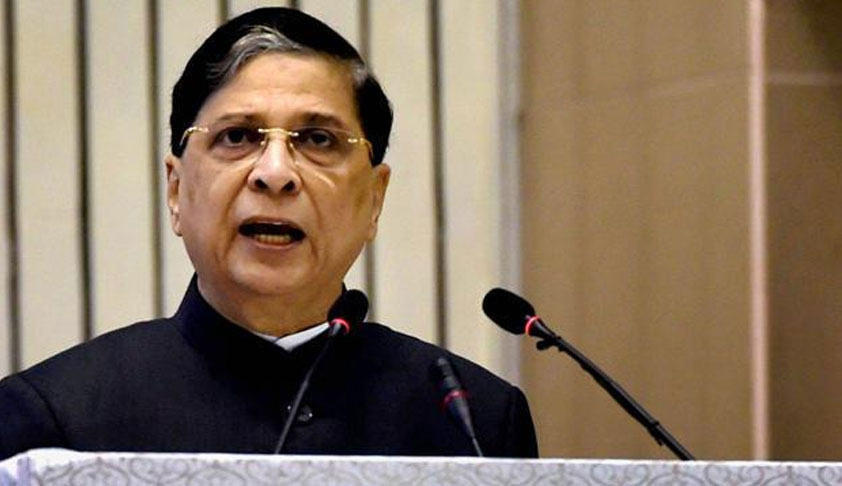The Bar Association of India, on Thursday, hosted the annual M. C. Setalvad Memorial Lecture at the Hotel Hyatt Regency in New Delhi, with Chief Justice Dipak Misra, enlightening the audience on the “Dynamic Ascendance of Constitutional Rights- A Progressive Approach”.Describing Setalvad as a “legend”, Chief Justice Misra remarked how we were “humbled”, not “privileged”, to...

